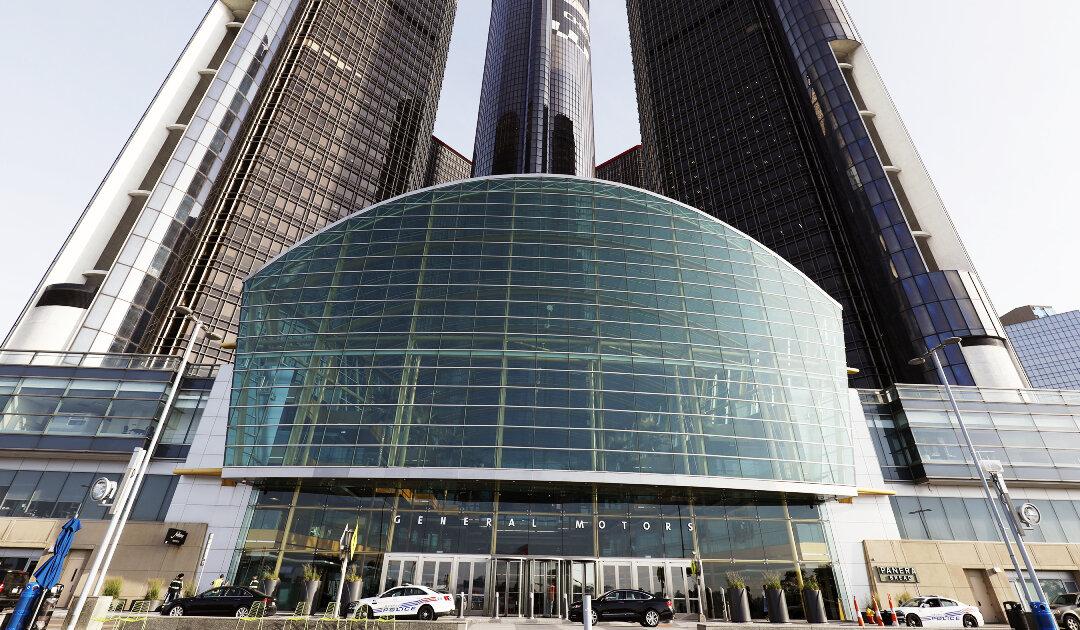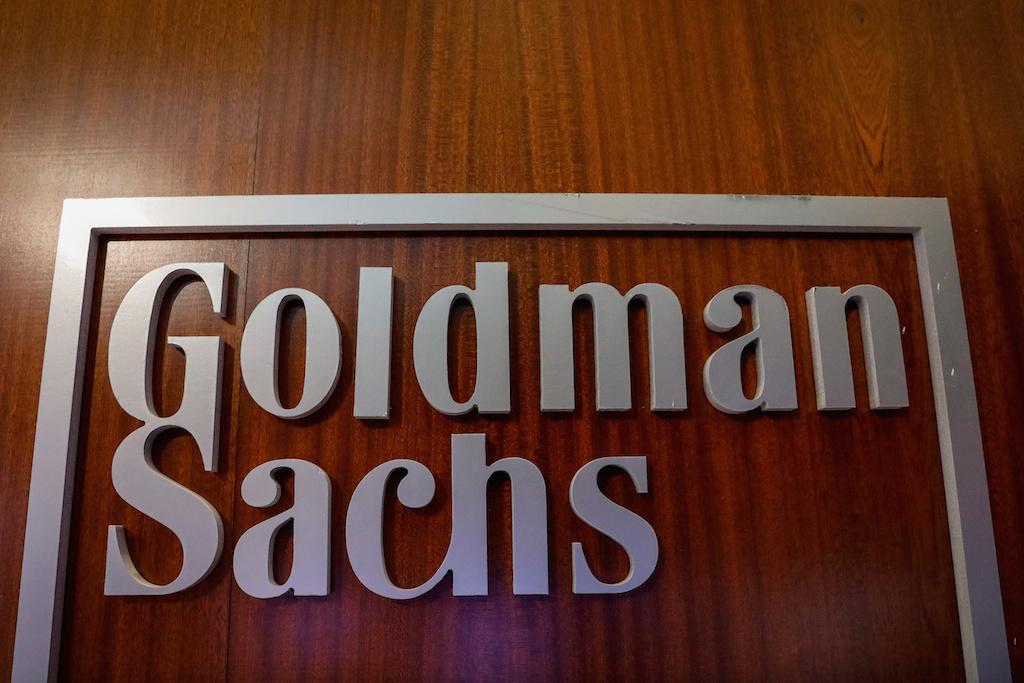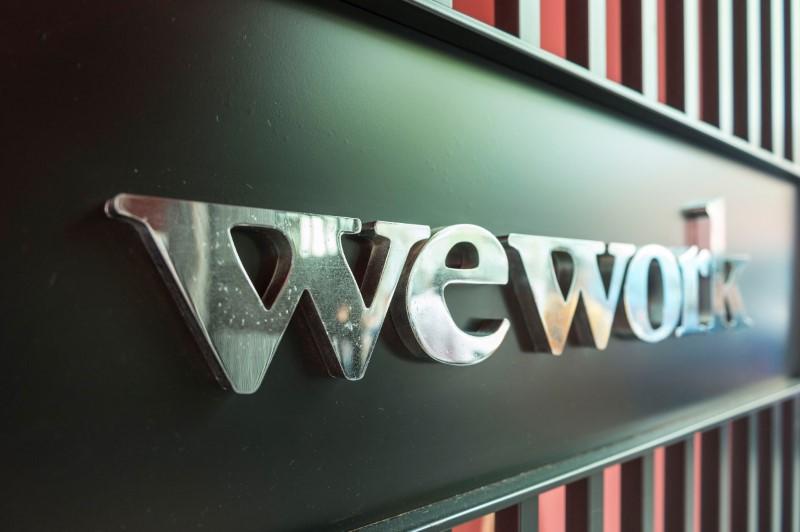General Motors Co. is looking to put a six-week strike that cost about $2.9 billion in the rear-view mirror as it swings into full production of highly profitable trucks. The automaker said Oct. 29 the walkout by unionized workers at U.S. plants, which ended last week, eroded free cash flow and forced it to lower its 2019 earnings forecast by $2 a share. But the damage wasn’t as severe as some analysts predicted, with third-quarter results handily beating the average estimate, and GM shares rose the most since June.
“The underlying business was very strong,” Chief Financial Officer Dhivya Suryadevara told Bloomberg Television, noting that absent the strike GM would still be on the target it set in January for full-year earnings of $6.50 to $7 a share. “That’s what we’re focusing on as we move forward.”




